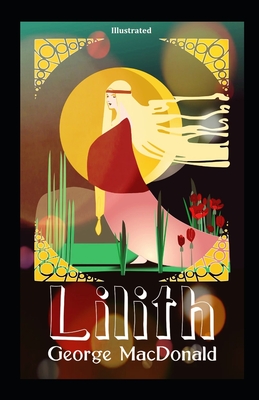
Our argument is that in the two writers, bonds between female friends cannot be seen as independent of or impervious to male influence. As opposed to those critical readings that have seen an unequivocal specificity, operativity and even essentialism in feminine friendship as depicted in literary works by women, Woolf and Mansfield show, both in their actual relationship in real life and in their literary writings, the inadequacies and shortcomings of a specifically feminine mode of identification. Our aim in this article is to trace the projections of feminine friendship that we find in Virginia Woolf’s and Katherine Mansfield’s fictional work. And so, it evokes more lengthy reflections on environment, literary heritage, history, society, and relations between humans and nature. Moreover, the narrator's journey with the goshawk through English landscape becomes a catalyst for remembrance that belongs to public realm. At the same time, however, it is the hawk that becomes a lifeline, a connection with the corporeal, the tangible, and the physical.

The story shows how in the course of manning the hawk Helen begins to 'forget' or rather deny civilisation, social ties, her own professional duties, and how the obsession with bird taming takes her to the very edge of sanity. The narrative is a confession of how she struggled through the ordeal of mourning after her father's death and how in order to cope with the trauma of loss she undertook the task of taming a hawk. This non-fiction autobiographical narrative is, however, primarily a personal journey where the narrator's/author's inner self is revealed through carefully orchestrated memories which form her as a protagonist. Because the book reveals the author's strong sense of connection with nature, it is therefore classified under the heading 'nature writing' or 'new nature writing'.

The article presents how Helen Macdonald, the author of H is for Hawk, undertakes the task of ordering 'the archaeology of grief' – uncovering strata of remembrance with past states of mind, forgotten events, emotions, and earlier perspectives.


 0 kommentar(er)
0 kommentar(er)
